
Satellite Malfunction Leads To Potential Issue Next Month
DirecTV’s Spaceway-1, now only a backup satellite for the US cable network, suffered a critical failure recently, hear this snippet from this week’s Talkin’ Science, or catch the full ep

DirecTV’s Spaceway-1, now only a backup satellite for the US cable network, suffered a critical failure recently, hear this snippet from this week’s Talkin’ Science, or catch the full ep

China’s gearing up to put their new crewed space capsule in orbit, as the Mars 2020 rover team shortlists 9 names.

Dr Brad Tucker is with us for another edition of Talkin’ Science on Tuesday’s here at Trekzone.

10 News First’s Queensland Weather Expert Josh Holt joins Matt in today’s podcast to talk about the weather leading up to, and caused by, these large scale bushfires.

Larry Nemecek joins Matt today for our first video podcast of the year! We’re diving into the first thoughts of Star Trek: Picard which premiered a few days ago across the world. SPOILER FREE

Our take on the first three episodes – presented to press – in a non spoiler manner.

As the date draws nearer for Star Trek: Picard’s release, a lot of conversation is happening around the actual TIME of release for the episodes.

It turns out the Murchison meteorite is older than the solar system! It’s today’s story of the week on Talkin’ Science.

The premiere of Star Trek: Picard is just four days away and the excitement is building for millions of Trekkies across the world.

To celebrate 25 years since Voyager’s premiere, Trek.fm’s Chris Jones joins us for a podcast!

Welcome to another week of Talkin’ Science here at Trekzone. Dr Brad Tucker and Matt are discussing a bit today in this bumper show.

The forthcoming Star Trek: Picard has been renewed for a second season the official website confirmed in a post Monday morning, Australian time.

We’re back with our main show for 2020 with Starship Intrepid’s Nick Cook stopping by the Trekzone mic to update us on his three fan film projects currently in various stages of production.

Despite long standing scheduling pushbacks and cost overruns, the James Webb Space Telescope remains on target for a March 2021 launch

The Transiting Exoplanet Survey Satellite – or TESS – has found a special kind of exoplanet.

We’re back with a brand new season of Talkin’ Science after a successful 2019.
61 days to go until The 2025 Trekzone Fan Film Awards are here, and we
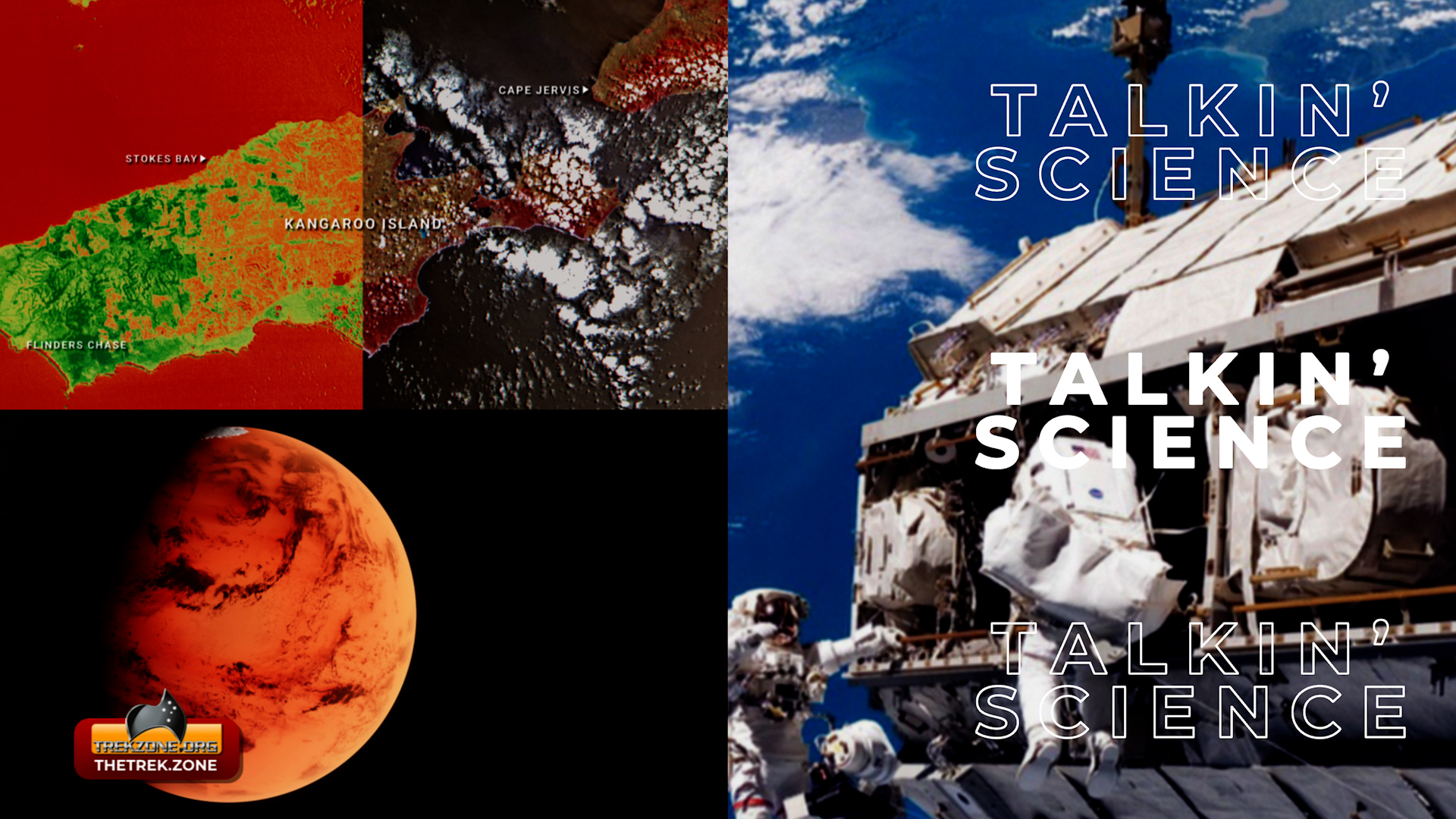
It’s the end of the third week of March 2025. Here’s the science and space
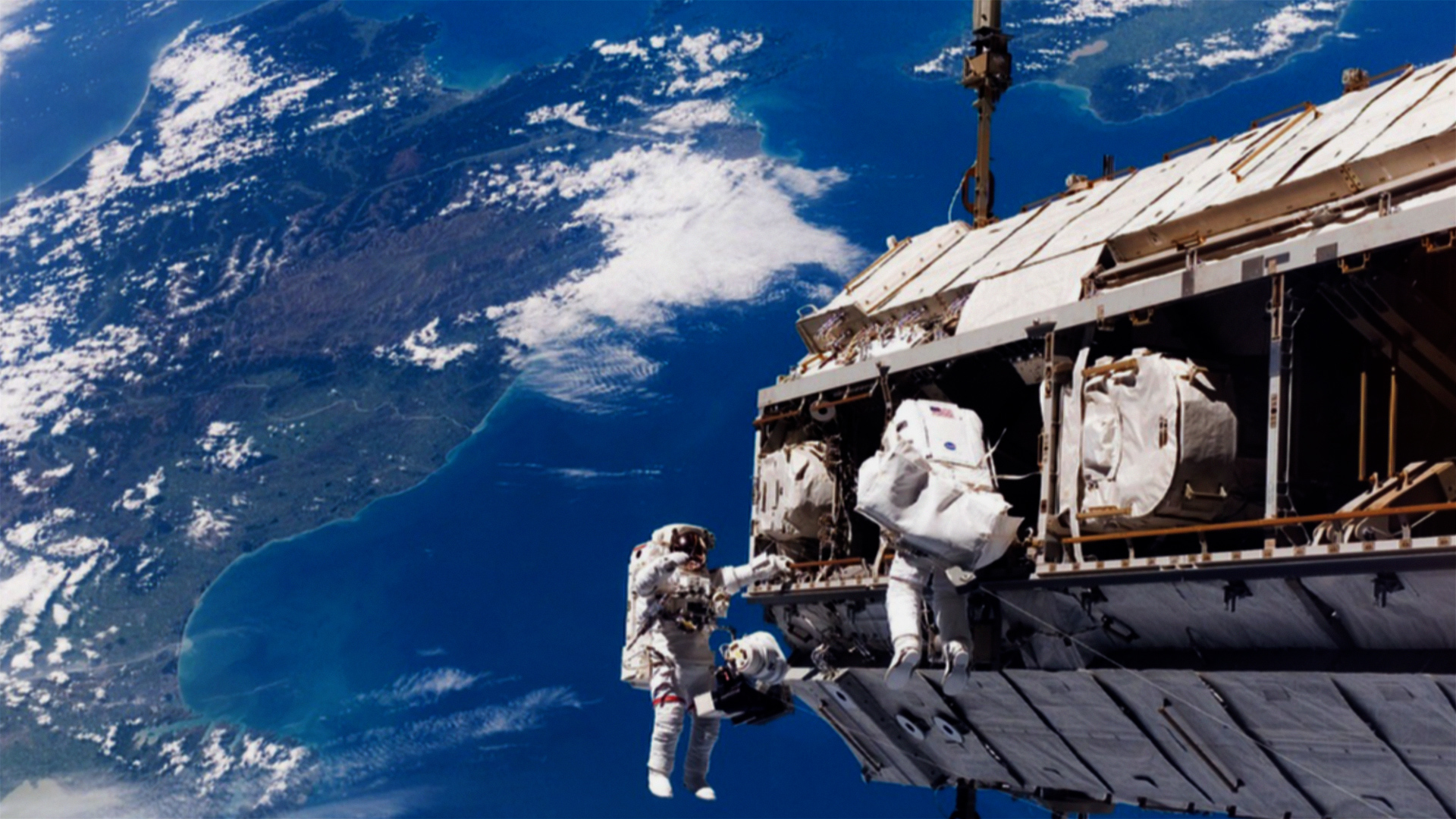
Astronauts often experience immune dysfunction, skin rashes, and other inflammatory conditions while travelling in space, and international researchers believe these issues are likely due to the overly sterile nature of the International Space Station.
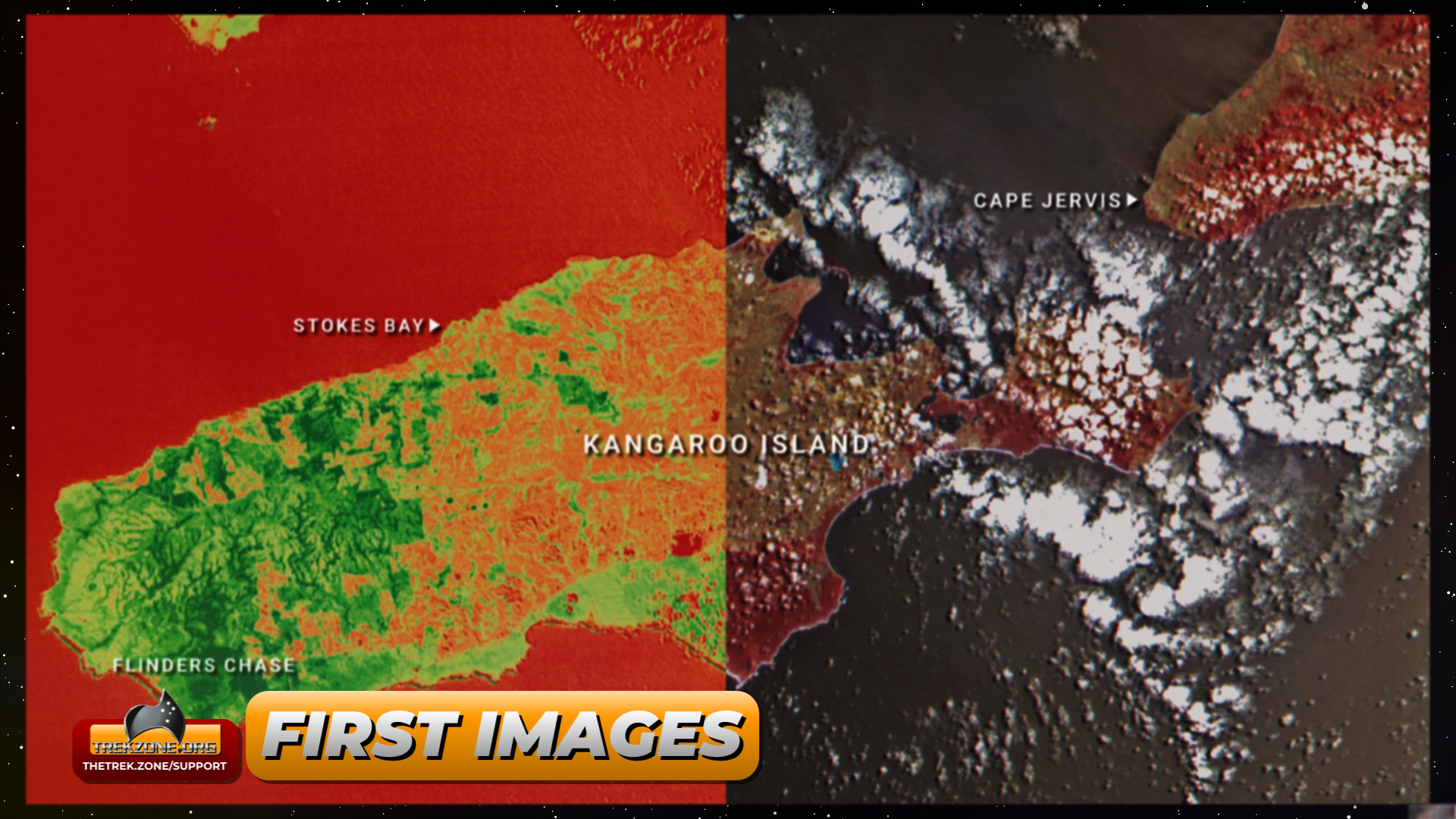
Australia’s first state government funded satellite, Kanyini, has delivered its first images from space, marking
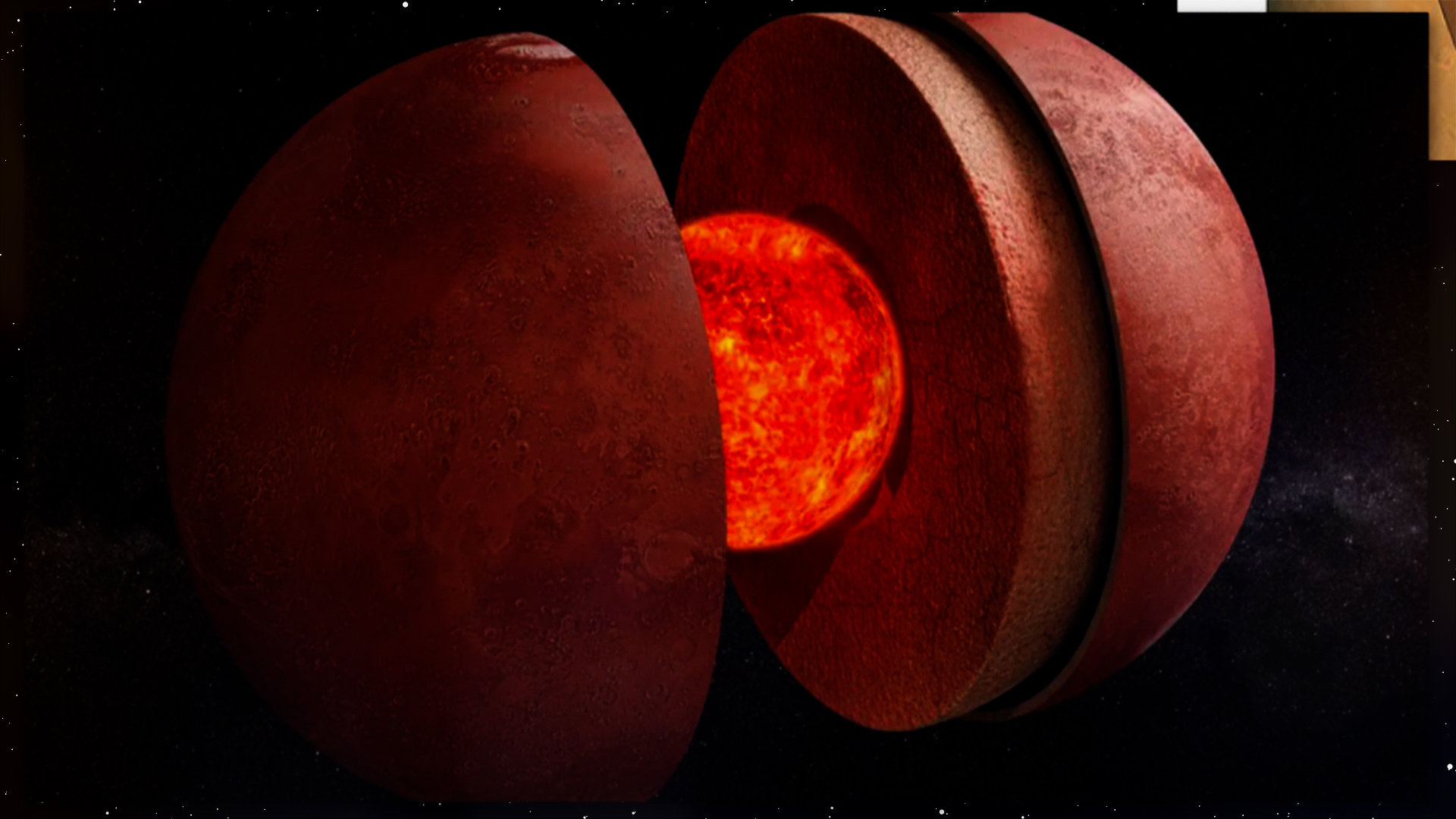
Data from NASA’s InSight mission suggest Mars has a liquid core similar to Earth’s, but European scientists say the core may be solid, at least below a certain temperature.
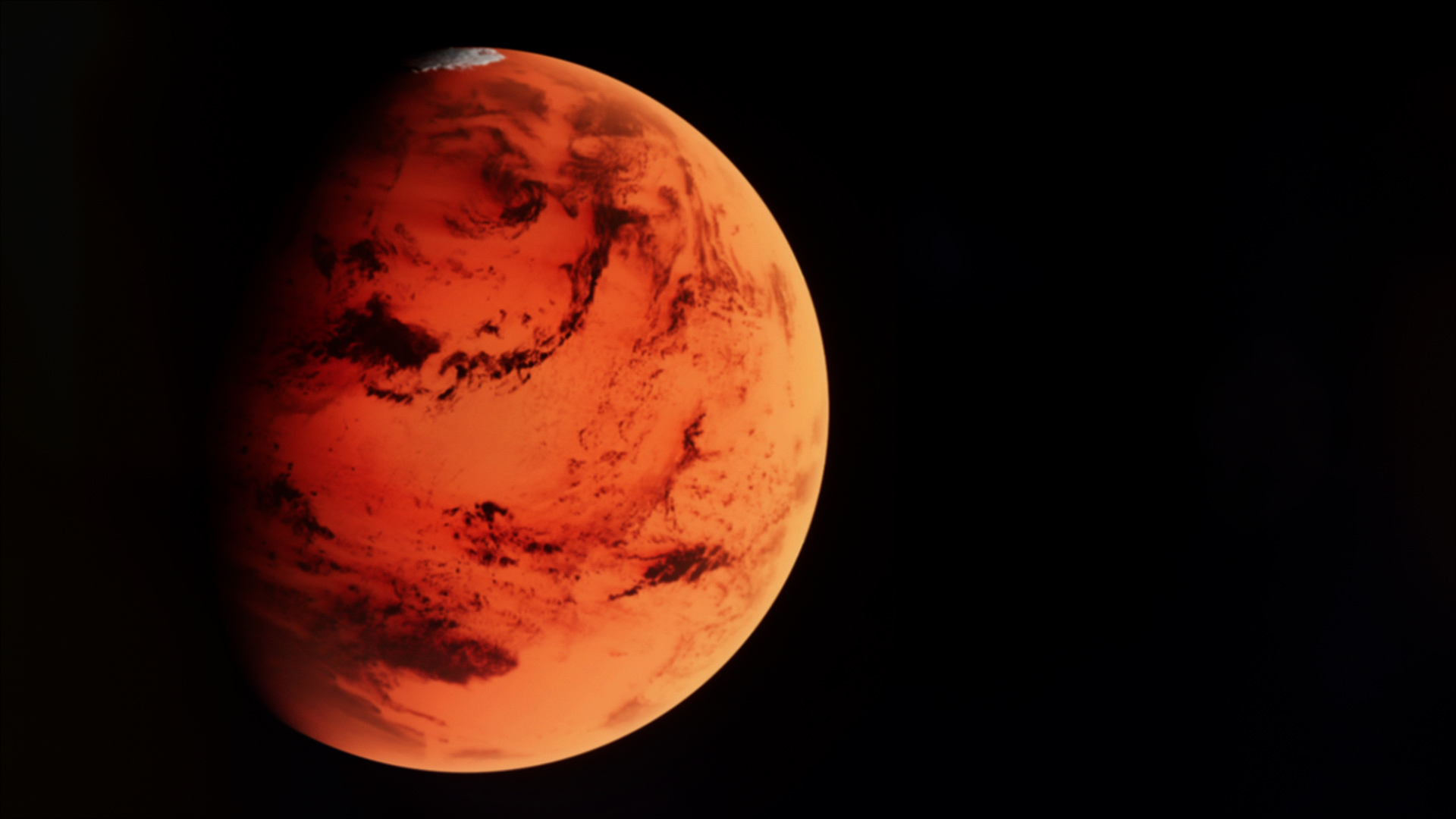
Scientists have successfully used lasers to identify microbe fossils in rocks from Earth, which are like the rocks found on Mars, opening up the possibility of searching for fossils on the Red Planet.

We’re bold, innovative and ambitious digital media creators,
consumers and producers.
We are Trekzone Media.
This is TREKZONE.org.
61 days to go until The 2025 Trekzone Fan Film Awards are here, and we have reached an important milestone plus more news and thoughts.

It’s the end of the third week of March 2025. Here’s the science and space headlines from the week that was… Kanyini phones home, shows

Astronauts often experience immune dysfunction, skin rashes, and other inflammatory conditions while travelling in space, and international researchers believe these issues are likely due to the overly sterile nature of the International Space Station.

Australia’s first state government funded satellite, Kanyini, has delivered its first images from space, marking a significant milestone for the space mission. Mission Director Peter

Data from NASA’s InSight mission suggest Mars has a liquid core similar to Earth’s, but European scientists say the core may be solid, at least below a certain temperature.

Scientists have successfully used lasers to identify microbe fossils in rocks from Earth, which are like the rocks found on Mars, opening up the possibility of searching for fossils on the Red Planet.
© Trekzone Media MMXXV. All Rights Reserved.
The views and opinions expressed by guests on our podcasts are their own and do not necessarily reflect those of Trekzone Media or its employees.